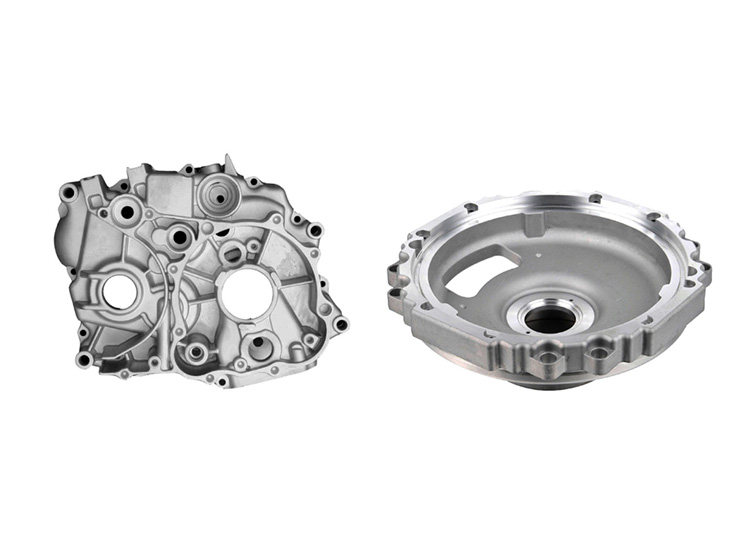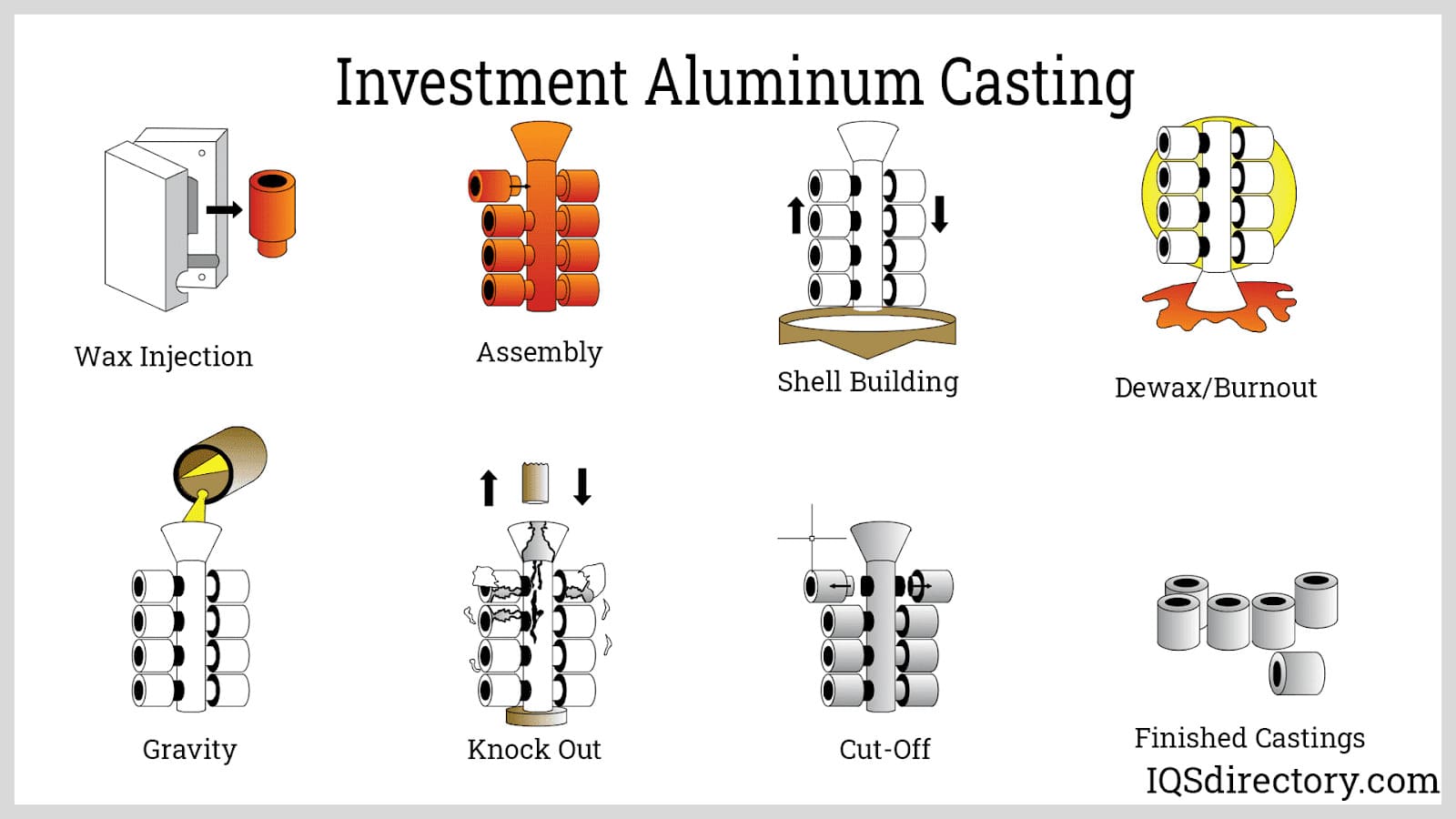Indicators on Stahl Specialty Company You Should Know
Table of Contents4 Simple Techniques For Stahl Specialty CompanyHow Stahl Specialty Company can Save You Time, Stress, and Money.Stahl Specialty Company Can Be Fun For Everyone10 Simple Techniques For Stahl Specialty CompanyHow Stahl Specialty Company can Save You Time, Stress, and Money.8 Simple Techniques For Stahl Specialty Company

If you're making a metal product, you have actually likely thought about making use of aluminum as the base material. It has a high strength-to-weight proportion, good rust resistance, good formability, and aesthetic charm. These elements have brought about its enhanced popularity over the last few years. Pure light weight aluminum has restricted applications, so it is usually integrated with other aspects, such as silicon, magnesium, and manganese to create alloys.
Various components and quantities create a variety of desirable physical and chemical buildings. And the Aluminum Organization (AA), based in The United States and copyright, has actually created requirements that manage light weight aluminum alloys' make-up, buildings, and classification. There are two sorts of light weight aluminum alloys functioned and cast. Factory workers create these alloy key ins various means, which considerably affects their qualities.
Getting The Stahl Specialty Company To Work
Cast light weight aluminum alloys are made by melting pure aluminum and incorporating it with other metals while in fluid form. The mix is put right into a sand, pass away, or investment mold and mildew. After solidification, the steel is removed from its mold and mildew. At this stage, it remains in either its last type or as a billet or ingot for more processing.

160.0 stands for a cast with a minimum of 99.60% light weight aluminum. The 4th figure, which comes after the decimal factor, defines if the alloy is a spreading (xxx. 0) or an ingot (xxx. 1). Wrought aluminum alloys likewise begin by integrating molten light weight aluminum with various other metals. As opposed to cast alloys, nonetheless, they are formed into their last form through procedures such as extrusion, rolling, and bending after the metal has strengthened into billets or ingots.
There are many minor distinctions between functioned and cast light weight aluminum alloys, such as that cast alloys can include more considerable quantities of various other metals than wrought alloys. However one of the most remarkable distinction between these alloys is the construction procedure where they will go to deliver the last item. In addition to some surface therapies, cast alloys will exit their mold in practically the exact solid form desired, whereas wrought alloys will certainly undergo several alterations while in their solid state.
If you believe that a wrought alloy may be the ideal for your job, take a look at some of our write-ups that describe more regarding certain wrought alloys, such as Alloy 6061 and Alloy 6063. On the various other hand, if you think a cast alloy would certainly be better for you, you can learn a lot more concerning some actors alloys in our Alloy 380 and Alloy 383 write-ups (coming quickly).
Rumored Buzz on Stahl Specialty Company
When choosing a light weight aluminum factory for your manufacturing requirements, it's critical to examine numerous variables. One of one of the most crucial elements to think about is the experience and competence of the foundry. Aluminum Castings. Selecting a foundry who has the best understanding of the aluminum casting procedure, and the portfolio to reveal for it, assists to have a successful outcome for your job
Having the experience and industry understanding to craft your spreadings for optimal production and top quality end results will streamline the task. Making aluminum spreading calls for a facility collection of procedures to accomplish the ideal results. When picking a new light weight aluminum foundry to partner with, ensure they have considerable industry experience and are experienced regarding all aspects of the light weight aluminum casting process: layout, production, material analysis, and product testing.
The factory should also have a tried and tested performance history of delivering exceptional items that fulfill or go beyond consumer assumptions. Quality control should additionally go to the top of your checklist when picking a light weight aluminum factory. By collaborating with a certified shop who complies with the standards for high quality control, you can protect the honesty of your item and ensure it satisfies your requirements.
By selecting a business that supplies services that fulfill or surpass your product demands, you can be sure that your task will certainly be finished with the utmost accuracy and performance. Different parts need various manufacturing methods to cast light weight aluminum, such as sand spreading or die spreading.
The Greatest Guide To Stahl Specialty Company
Pass away spreading is the name offered to the procedure of creating intricate metal components through use of molds of the part, additionally recognized as passes away. The procedure uses non-ferrous steels which do not contain iron, such as aluminum, zinc and magnesium, because of the preferable homes of the metals such as low weight, higher conductivity, non-magnetic conductivity and resistance to rust.
Pass away spreading production is quickly, making high production levels of elements easy. It produces more components than any various other procedure, with a high level of accuracy and repeatability. To get more information regarding die spreading and pass away casting materials made use of in the process, continued reading. There are 3 sub-processes that fall under the classification of die casting: gravity pass away casting (or irreversible mold and mildew casting), low-pressure die spreading and high-pressure die casting.
No matter the sub-process, the die spreading procedure can be damaged down into 6 steps. After the pureness of the alloy is tested, dies are produced. To prepare the passes away for casting, it is very important that the dies are tidy, so that no residue from previous manufacturings continue to be. After cleansing, the ejection lubrication is put on the die to guarantee a smooth launch.
Stahl Specialty Company Can Be Fun For Everyone
The pure steel, also called ingot, is included in the heating system and maintained the molten temperature level of the steel, which is after that moved to the shot chamber and injected right into the die. The pressure is after that preserved as the metal solidifies. Once the metal strengthens, the cooling procedure begins.
(https://myanimelist.net/profile/stahlspecialc)
The thicker the wall of the component, the longer the cooling time as a result of the quantity of indoor steel that likewise needs to cool. After the part is fully cooled, the die cuts in half open and an ejection system pushes the component out. Complying with the ejection, the die is closed for the next injection cycle.
The flash is the added product that is cast during the procedure. This should be trimmed off making use of a trim tool to leave simply the primary element. Deburring gets rid of the smaller sized items, called burrs, after the cutting procedure. Ultimately, the element is polished, or burnished, to offer it a smooth surface.
Some Known Details About Stahl Specialty Company

Zinc is one of the most used alloys for die casting due to its lower cost of raw materials. Its rust resistance additionally permits the components to be lengthy enduring, and it is one of the a lot more castable alloys due to its reduced melting factor.
As stated, this alloy is just one of the most typically used, yet manufactures will, sometimes, pick light weight aluminum over zinc because of aluminum's production advantages. Aluminum is highly affordable and among the more versatile alloys. Aluminum is utilized for a number of different products and industries anything from home window frameworks to aerospace materials.